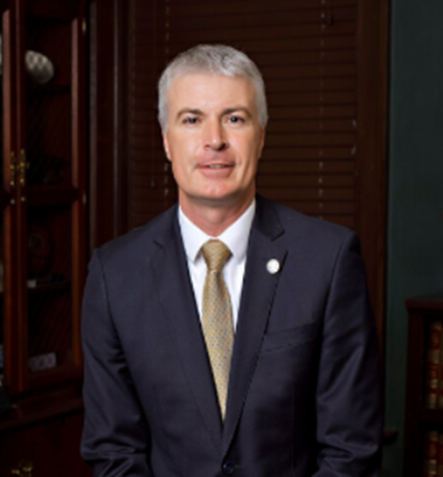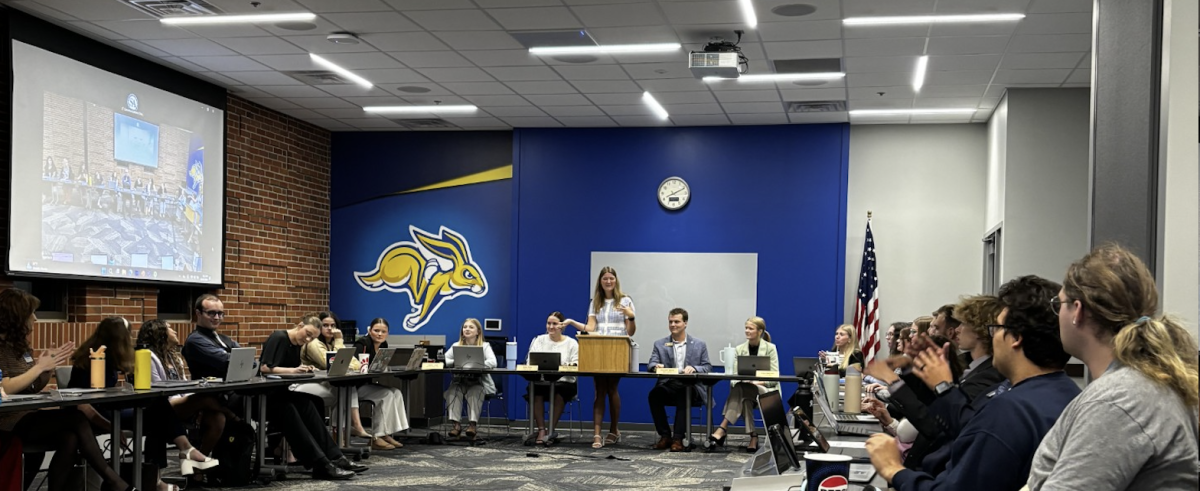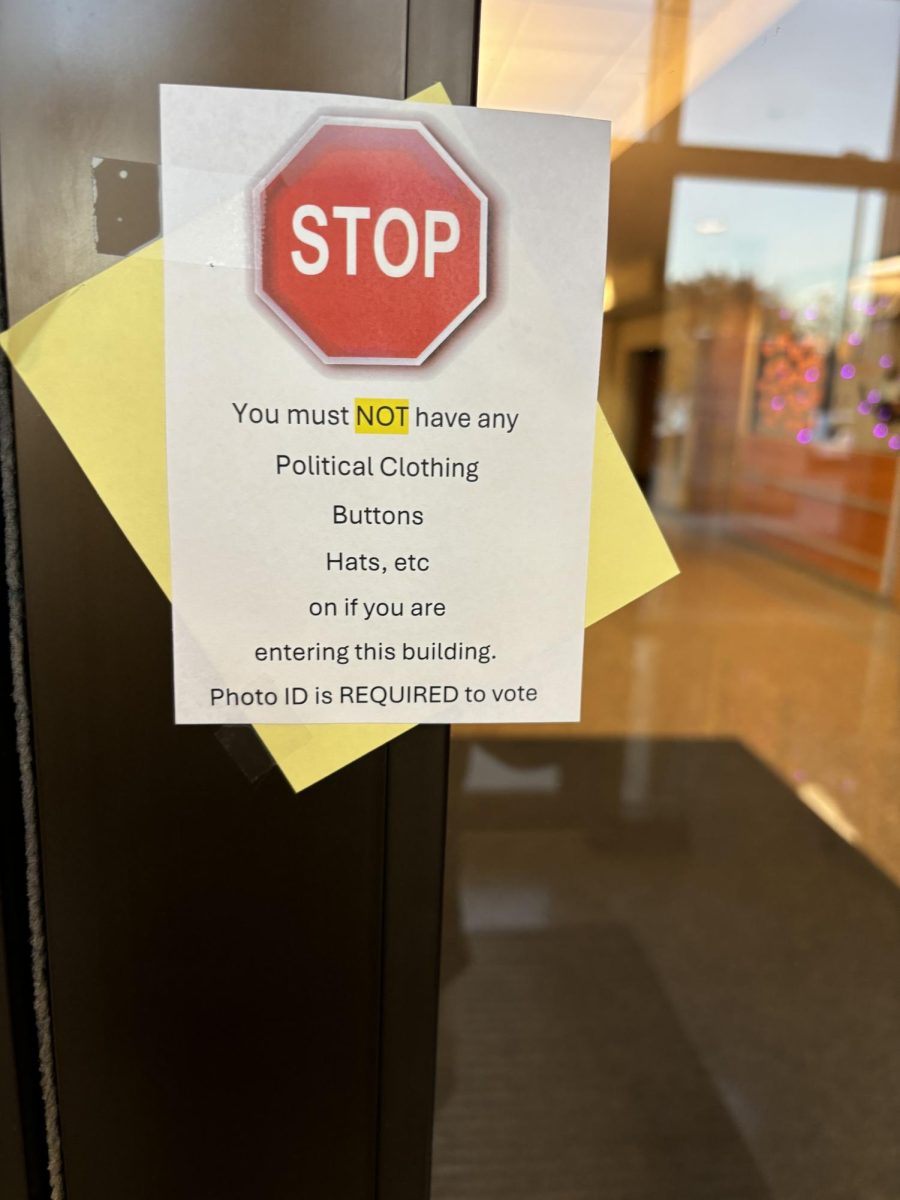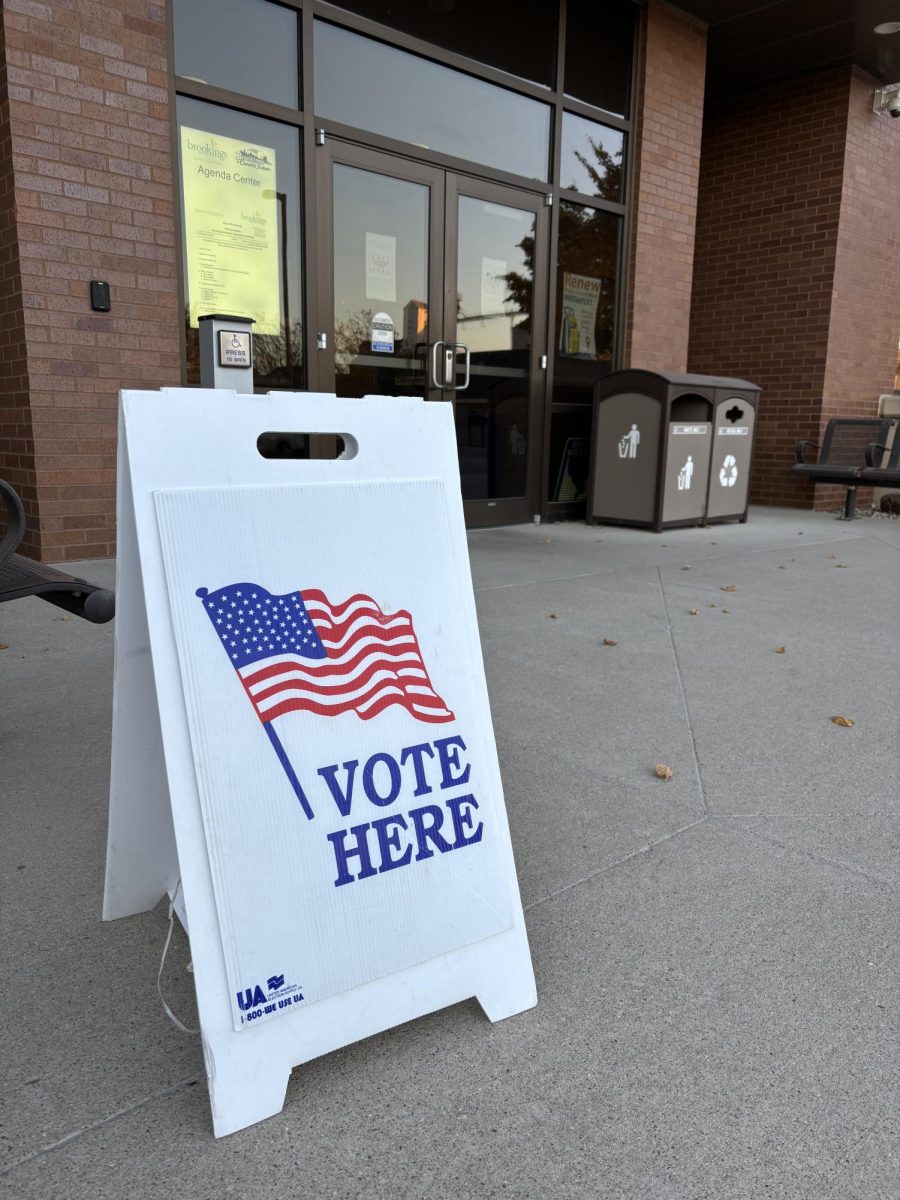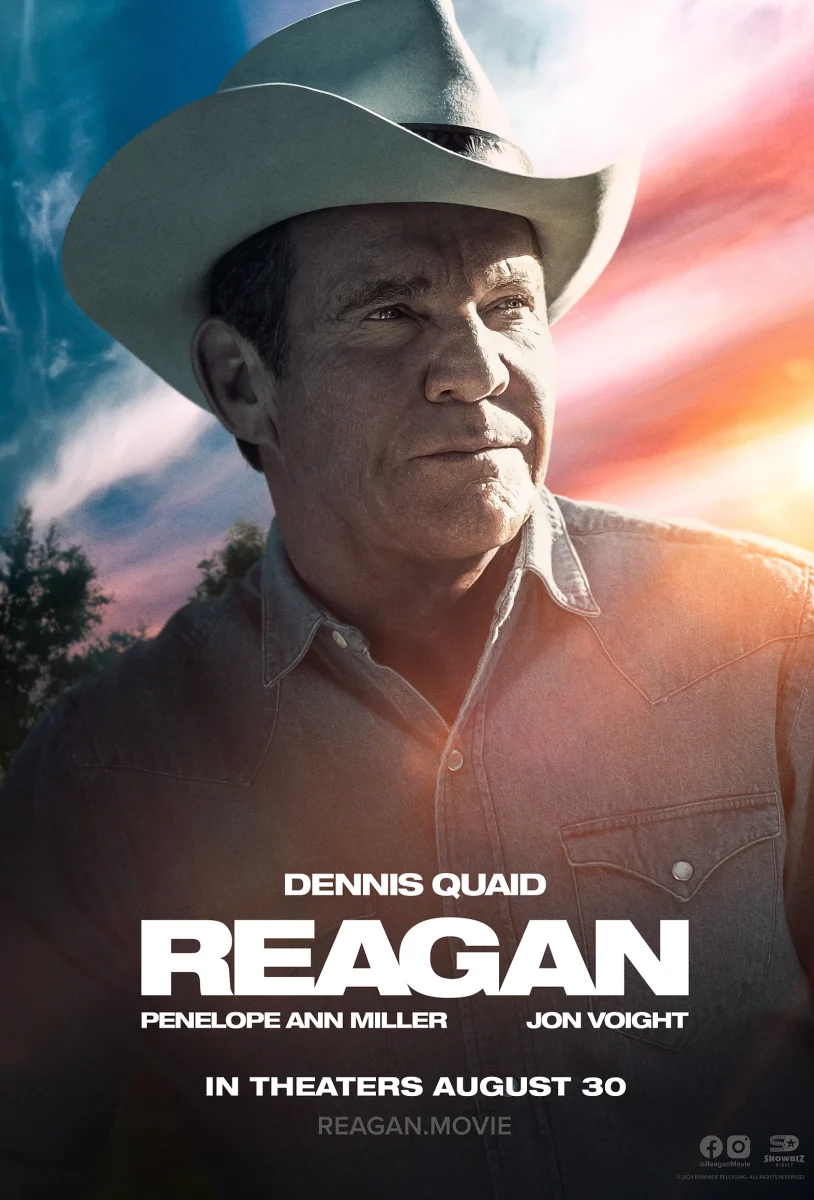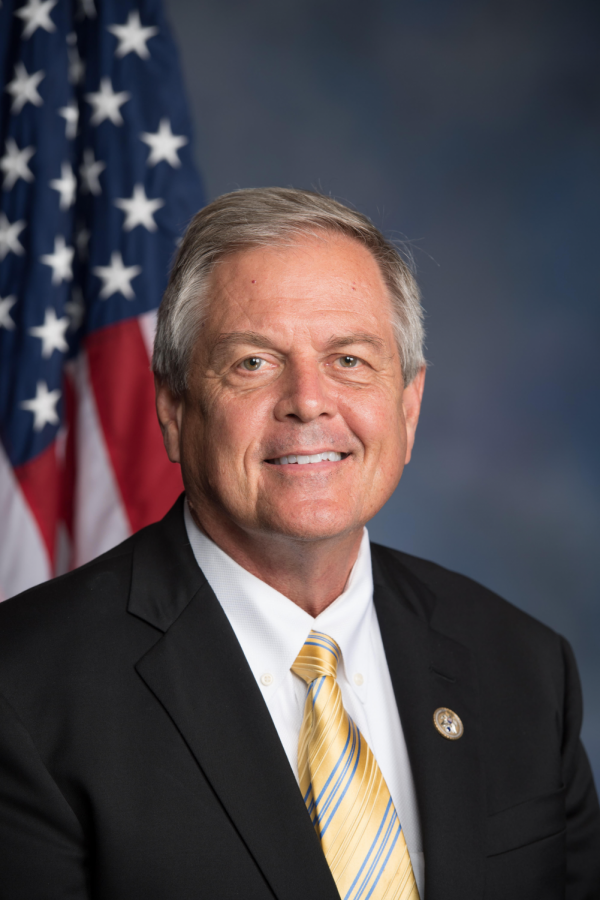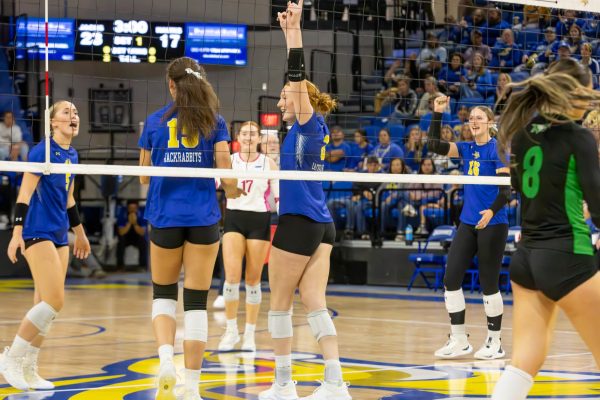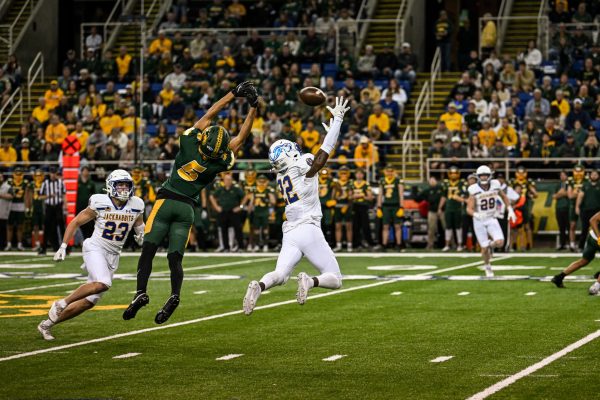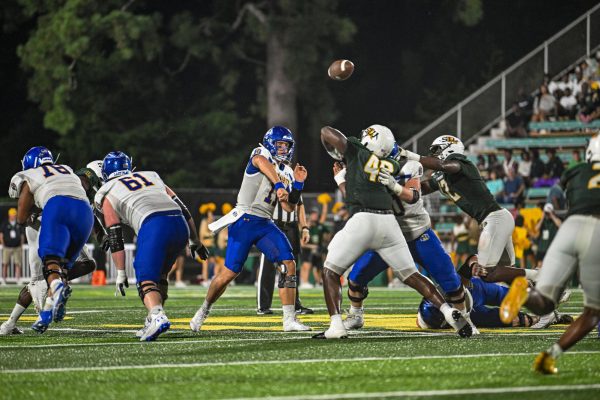South Carolina Representative sought to cut funding for Hobo Day
October 1, 2019
South Carolina Representative Ralph Norman (R-SC) proposed House Resolution 6338: “No Federal funds may be used by the National Endowment for the Arts to award a grant for South Dakota State University’s ‘Historic Hobo Day.’”
H.R. 6338 is one of many bills Norman has proposed as a part of his “#WastefulWednesday” initiative where once a week he identifies federal spending practices that he deems uneconomical. The goal of this initiative is to cut “erroneous spending on grants and programs” so as to help alleviate some debt and ensure that tax dollars are being spent in a way that benefits everyday Americans.
One problem does arise with this bill: SDSU has never received funding from the National Endowment for the Arts (NEA). In 2016, the university did receive a grant from the National Endowment for the Humanities (NEH), an entity separate from the NEA, to purchase equipment for digitizing Hobo Day artifacts and memorabilia. However, this money was not put toward the homecoming event.
Jessica English, project director and former digital initiatives coordinator at the Hilton M. Briggs Library, stated that the goal of the project was to “expand the documentation of the Hobo Day celebration, currently known only through annual yearbooks, to include a wealth of other, community-held materials never systematically collected, including flyers, buttons, newspaper clippings, personal photographs and firsthand accounts.”
These Hobo-Day-related artifacts held by the public were scanned at the library and returned to their rightful owners along with a flash drive containing digital versions of the memorabilia.
Norman also noted in his press release announcing the bill that “this celebration (Hobo Day) is derogatory and negatively-stereotypical.” This statement showing that he is also misinformed about the nature of SDSU’s homecoming celebration.
Hobo Day doesn’t aim to poke fun at the homeless, or anyone for that matter, but rather remembers the lifestyles of homeward-bound soldiers searching for work after the Civil War; those who, during the Great Depression, traveled the country via boxcar searching for work and others in history who have led similar lifestyles. This theme also relates to the students on campus, as they too are homeward bound and searching for jobs throughout their university experience.
It’s believed that Norman was misled as to where the funding came from by data listed on a 2017 report by OpenTheBooks. This not-for-profit transparency group reports government spending of every level across the United States. According to Roll Call, this specific report stated that SDSU received $11,987 from the NEA; however, this exact amount was actually received from the NEH.
H.R. 6338 was referred to the House Committee on Education and the Workforce on July 11, 2018 after being introduced that same day, but has had no further action done on it according to Congress.gov. C-Span reported that as of Jan. 2, 2019, the bill has been stalled. Austin Livingston, one of Norman’s spokesmen, also stated that the bill is “essentially, not going anywhere,” and that there are no plans to reintroduce it.

